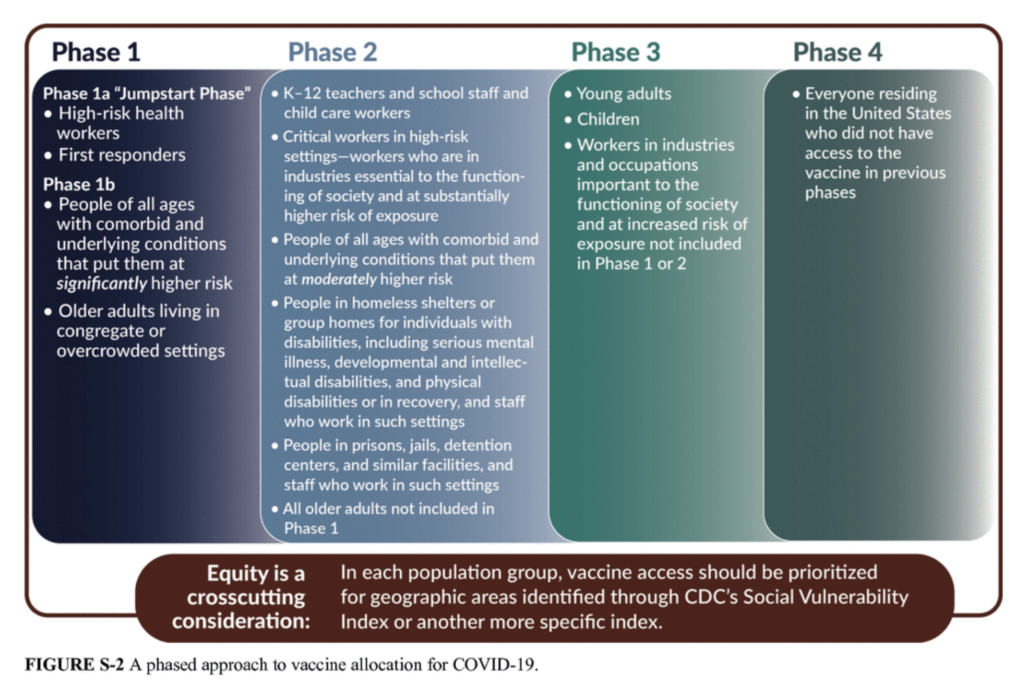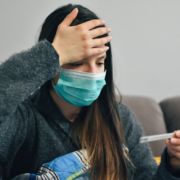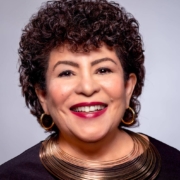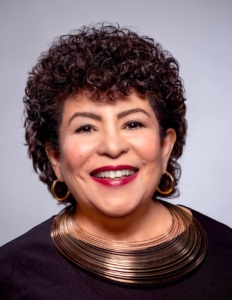What you should know about the Healthcare.gov Open Enrollment

By Nissa Shaffi, NCL Associate Director of Health Policy
From November 1, 2020 to December 15, 2020, consumers will be able to enroll in health coverage through the health insurance marketplace, Healthcare.gov. Choosing the right health plan involves thoughtful decision-making, with careful consideration of your needs and your budget. COVID-19 testing and treatment, telehealth, and mental health services have been vital pandemic necessities, and consumers are advised to pay attention to any changes in their current health plans to account for any adjustments in health needs.
It is estimated that annually consumers typically spend 17 minutes when selecting plan options during open enrollment, most simply sticking with their plans from the previous year. If you need assistance navigating the health insurance marketplace, you can consult a healthcare navigator to help in comparing the coverage options that make sense for you. Healthcare navigators provide free, unbiased advice and offer services in a number of languages. To find a navigator in your area, please click here.
Even with the election and looming challenge to the ACA coming before the Supreme Court, California v. Texas, consumers should know that the federal health insurance marketplace, also known as Obamacare, is still available. The Supreme Court will hear oral arguments on November 10, but the ultimate decision can come as late as June 2021. We’ve written more about the implications of California v. Texas here. Despite multiple attempts by opponents to repeal the ACA, over 20 million people have gained coverage through the marketplace in the past decade.
The Centers for Medicare & Medicaid Services (CMS) recently announced that marketplace premiums have dropped by 2 percent nationally. Additionally, as a result of the pandemic, the marketplace has seen greater insurer participation – in turn, offering consumers with more robust options for coverage. Plans offered via Healthcare.gov are required to cover a set of essential health benefits mandated by the ACA, ensuring that you have access to comprehensive care – a provision that is of chief importance during this time. The ACA has afforded consumers with a host of health protections and prohibits insurance plans from discriminating against enrollees based on health status, including pre-existing conditions. To learn more about the marketplace, click here.
The National Consumers League encourages consumers to seek coverage via ACA compliant plans offered on the marketplace. If you miss the deadline to apply for coverage within the open enrollment period, you may be able to qualify for a Special Enrollment Period (SEP). Applying during a SEP is contingent upon meeting certain criteria, such as life events like having a child or losing health coverage. If you qualify for Medicaid or the Children’s Health Insurance Program (CHIP), you can apply at any time. Most importantly, in order to have coverage that is effective by January 1, 2021, you must sign up by December 15, 2020.


 By NCL Director of Health Policy Jeanette Contreras
By NCL Director of Health Policy Jeanette Contreras




 Hispanic Heritage Month: Focus on the importance of participating in research through clinical trials
Hispanic Heritage Month: Focus on the importance of participating in research through clinical trials











